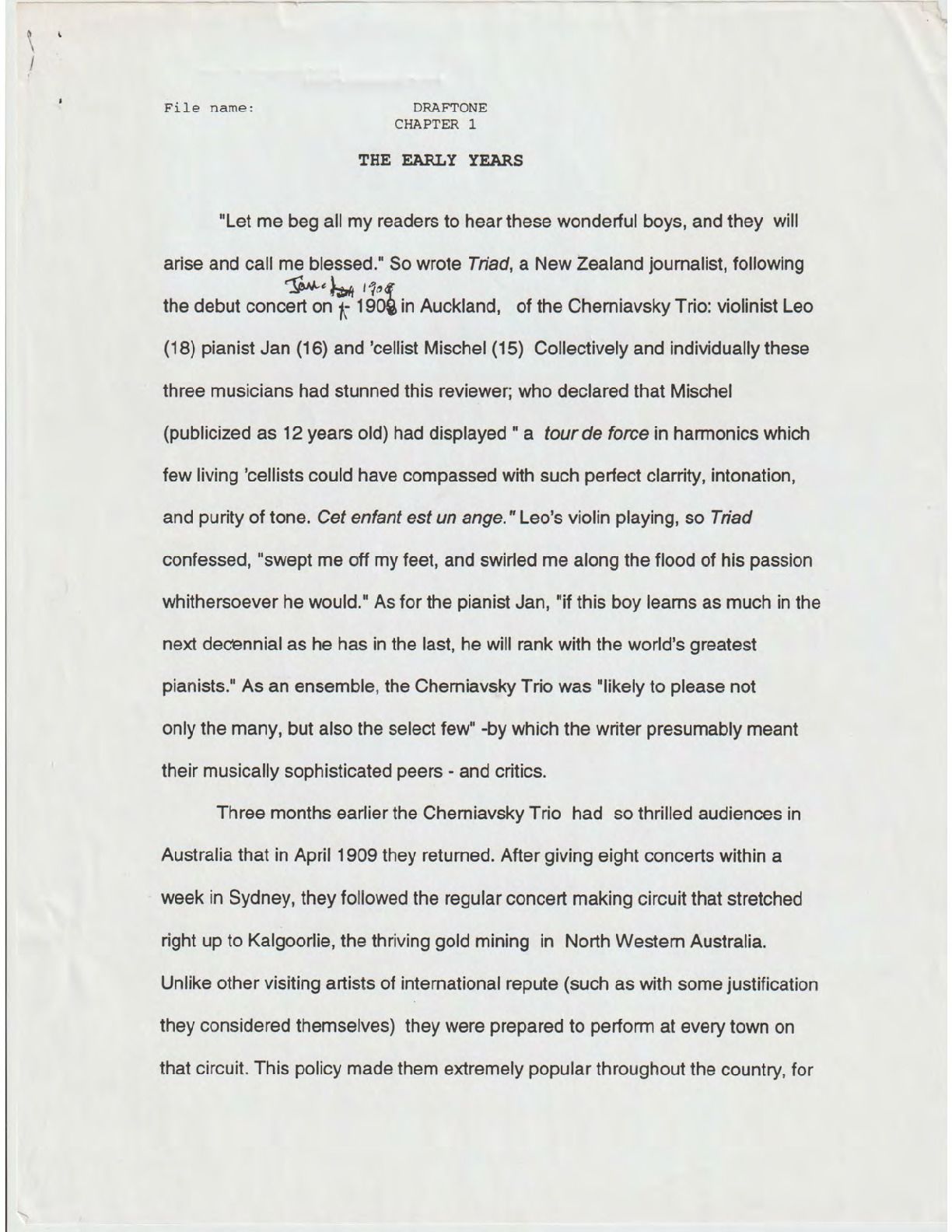Felix Cherniavsky - Cherniavsky Trio Manuscript
Added 30th Jun 2021 by Beth Dobson (Archives and Programming Assistant, DCD) / Last update 30th Jun 2021
The description of this Item
The collections that this item appears in.
Tag descriptions added by humans
Description of the objects in this Item
DCD's accession number for this Item. It is the unique identifier.
Auto-generated content
Tag descriptions added automatically
Auto-generated identification of objects in this Item
An autogenerated description of this Item
Auto-generated number of faces in the Item

